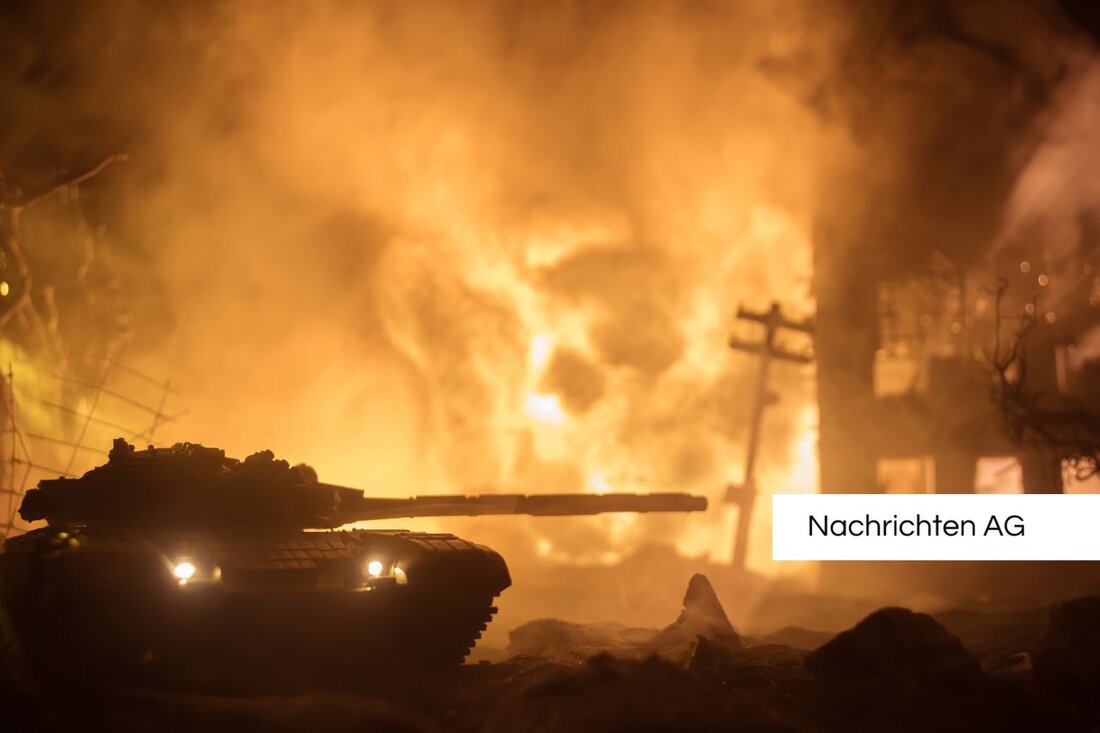Peace Research 2025: Worldwide conflicts are driving us into chaos!
On June 2, 2025, the University of Duisburg-Essen will present the peace report dedicated to global conflicts and humanitarian crises.

Peace Research 2025: Worldwide conflicts are driving us into chaos!
On June 2, 2025, the Peace Report 2025 was presented in Berlin, which was developed by four leading German peace research institutes, including INEF at the University of Duisburg-Essen. The comprehensive report makes it clear that peace is declining worldwide and various conflicts are having a significant impact on the stabilizing role of the international community. In particular, the war in Ukraine is destabilizing Europe and the ongoing conflict in Gaza is leading to untold suffering and violence in the Middle East. However, the greatest human tragedy is taking place in Sudan, where the humanitarian catastrophe is ranked as the worst in the world.
World politics is characterized by massive turbulence. Many of the conflicts are identified as being more directly responsible for the US under the leadership of Donald Trump. The Trump administration's aggressive foreign policy and attacks on democratic institutions have led to the US's role as a global anchor of stability being increasingly called into question. This is also reflected in the demands of the peace research institutes, which call for a stronger European defense capability and more intensive arms cooperation between European states in order to become more independent from the USA.
Human crisis in Sudan
Since 2023, the Sudanese army and the Rapid Support Forces (RSF) have been in a brutal conflict. Nathaniel Raymond, director of the Humanitarian Research Lab at Yale University, has documented the devastating situation in Al-Fashir. Here the RSF are able to occupy various parts of the city and have completely destroyed the central market. Settlements have been razed to the ground in an area of just 1.5 square kilometers, while 2.8 million people live in and around Al-Fashir, many of whom have already been killed or are in acute danger.
Reports of ethnic groups such as the Massalit and Zaghawa being targeted are alarming. The US State Department speaks of ethnic cleansing and ongoing genocide in the Darfur region. The situation is exacerbated by severe food shortages; The UN has not been able to deliver aid since mid-April. Refugees in the Zamzam camp live in catastrophic conditions and live on peanut shells and grasses. Many children there suffer from acute malnutrition and die from toxic shocks.
International responsibility and peace research
The 2025 Peace Report also addresses violations of humanitarian and human rights standards, particularly in connection with the wars in Ukraine and the Gaza Strip. The inadequate protection of the civilian population, the hindrance of aid deliveries and the targeted destruction of civilian infrastructure lead to devastating consequences. The peace researchers therefore demand that humanitarian aid must not be stopped, even in repressive regimes such as Afghanistan.
International jurisdiction is highlighted as crucial to maintaining a rules-based world order. An urgent appeal is made to the Federal Government to respect the decisions of the International Court of Justice and the International Criminal Court. Prof. Dr. Tobias Debiel warns of possible consequences and emphasizes that Germany's credibility would be at stake if court decisions were questioned.
In the midst of these global challenges, the interdisciplinary master's program in International Studies/Peace and Conflict Studies (MA ISFK) at the Goethe University Frankfurt and the Technical University of Darmstadt shows how important it is to promote specialist knowledge in international relations, conflict resolution and sustainable development. An integrated curriculum and practical programs prepare students for an active role in global policy-making.

 Suche
Suche
 Mein Konto
Mein Konto